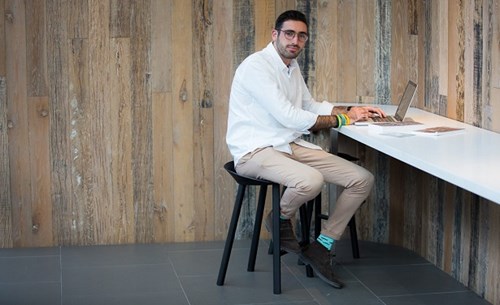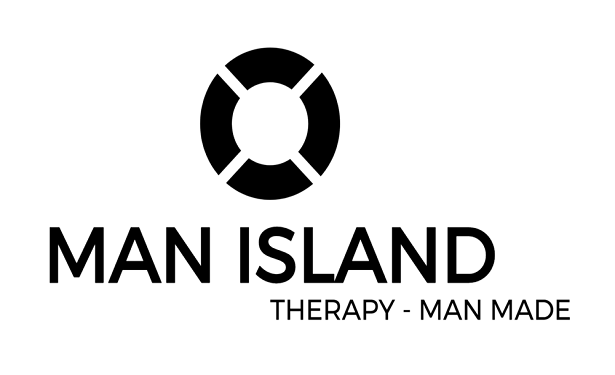Changing the perceptions of men’s mental health
Date: Thursday 09 Nov 2017
Why we need to reframe psychological help as a pathway
PhD candidate Zac Seidler, whose research focuses on men’s mental health.
For decades, it has been perceived common knowledge that men do not want to seek help or express their emotions, especially about psychological concerns like anxiety or depression. But third-year Master of Clinical Psychology and PhD candidate Zac Seidler, whose research project, Man Island, explores what men like, dislike, and think needs changing about psychological treatment, believes otherwise.
“What we have recently learned in our research though is that men do want to seek help, and will engage in treatment if they are given the type of help tailored to their needs.”
Zac believes that the way forward is to reframe psychological help as a pathway towards empowerment rather than something shameful.
“Masculinity is not ‘one-size fits all’, it comes in all shapes and sizes. Psychologists and psychiatrists need to understand the importance of this breadth, focusing on the strengths men have, whether it be their independence, fathering, or mateship, will improve their mental health moving forward and the lives of those who love them,” Zac said.
Zac is a guest speaker at an upcoming free forum on Men’s Mental Health in Sport. The forum is presented by the Banksia Project, a men’s mental wellness initiative combining awareness building with constructive action.
“The audience will hear stories of triumph, failure, resilience, and dealing with the depths of mental illness in professional sport,” Zac said. “We will be talking about the importance of staying on top of your mental health, especially when things seem to be going well, and how social connectedness and empowerment are the key to preventing mental illness in men.”
Also appearing at the forum will be athlete Matt Shirvington, cricketer Ed Cowan and Professor of Mental Health Nursing at Sydney Nursing School, Niels Buus, amongst others.
Zac’s passion for this important topic stems from his personal experience.
“Having lost my Dad to suicide almost four years ago, and now working clinically with men of all backgrounds, from those with HIV to refugees, I’ve personally experienced the challenges mental health clinicians have engaging and treating men.”
Zac saw the staggering male suicide rate continue to rise despite vast sums of money being contributed to treating the problem.
“I realised someone needed to focus on what was happening behind the closed therapy doors. If it takes such effort to get a man to seek help, it makes sense we expend as much time ensuring they get something they want. Too many men are slipping through the cracks, and I want to do my best to improve our treatment options so we have a reliable safety net to catch them,” Zac said.

Long-term, Zac hopes to use both his clinical and research training to open Australia’s first mental health clinic focused on the treatment of men that continues to strive to better understand the ways we can improve men’s wellbeing.
“The University of Sydney is one of the only universities in Australia which offers this combined research and clinical program. It’s allowed me to see firsthand what the clinical psychology landscape looks like, and directed me towards the gaps that my research can fill.”
The opportunities to connect with other researchers across the medical, social work, and nursing disciplines has allowed Zac to better understand the whole picture of men’s mental health. “Undertaking my project and working with researchers from across other disciplines has really challenged and motivated me to continue to seek answers.”
Check out Man Island HERE

